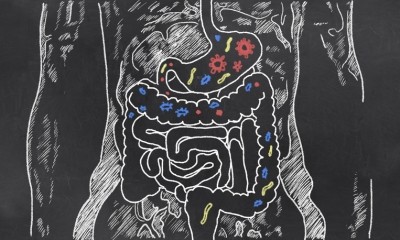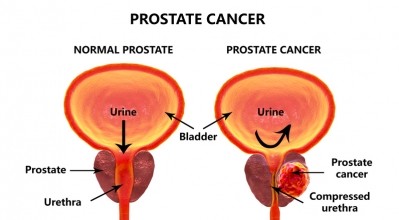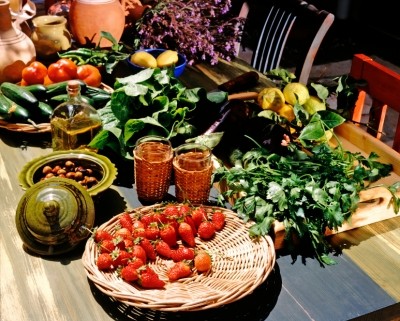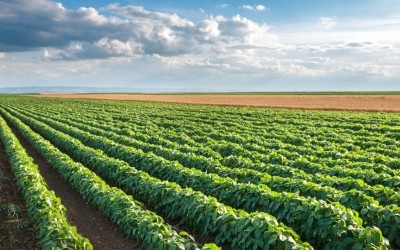Dietary isoflavones and advanced prostate cancer: is there a connection?
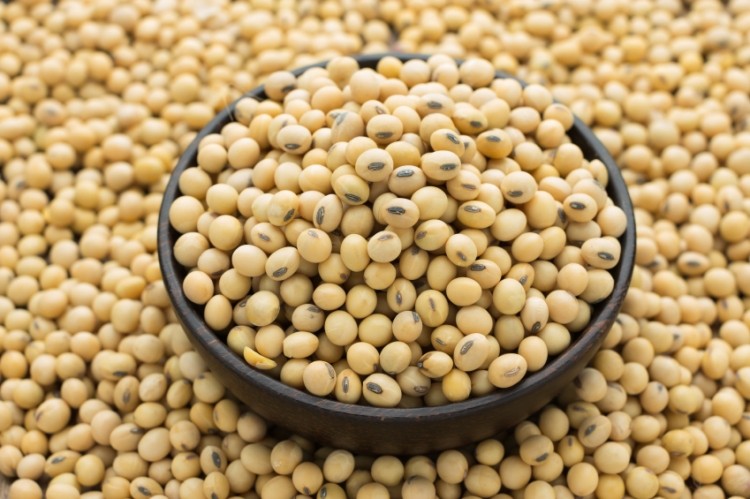
Compared with the lowest quintile, advanced prostate cancer (APC) risk was 91% higher in subjects with the highest quintile of total dietary isoflavone intake, found the researchers from Indiana University.
For individual isoflavones, the corresponding elevated risk levels between highest and lowest quintiles were 91% for genistein, 80% for daidzein, and 67% for glycitein. The higher risk was only applicable to APC, not to total occurrence or early-stage cancer.
“The present study shows that higher intake of total isoflavones, genistein, daidzein and glycitein were associated with an increased risk of APC,” wrote senior author Dr. Jianjun Zhang.
“No association was found for patients with non-advanced prostate cancer or for overall prostate cancer risk,” he added.
Isoflavones are a class of phytoestrogens, common sources of which are soy beans, kudzu root and American groundnuts (also known as potato beans).
Isoflavones’ influence on prostate cancer is controversial. An earlier rodent study demonstrated that a phytoestrogen-rich diet reduced serum testosterone. High testosterone has been suggested to be a risk factor for prostate cancer in some epidemiological studies. Therefore isoflavones have been been hypothesised to reduce prostate cancer risk.
Some observational studies and results from animal studies have shown protective effects of genistein intake. However, one mouse study showed that phytoestrogens increased metastasis and proliferation of prostate cancer cells.
Nevertheless, previous studies have generally not examined advanced and total prostate cancer separately. The findings that isoflavones are linked solely to the advanced form of the disease may help explain the conflicting earlier results.
"Prostate cancer is a major cancer in Western countries and its incidence rate has been remarkably increasing in Asian countries during the last several decades," said Dr. Zhang. "Our study offers novel evidence that dietary intake of isoflavones has different effects on advanced and non-advanced prostate cancer. This observation is important for understanding the aetiology and prevention of prostate cancer."
Study details
Subjects were part of the Prostate, Lung, Colorectal and Ovarian (PLCO) Cancer Screening Trial in the United States. The study identified 2,598 cases of prostate cancer (of which 287 were advanced) among the 27,004 total men included. Cases who were diagnosed with prostate cancer within two years of enrolment were excluded.
The researchers used a food frequency questionnaire (FFQ) to evaluate isoflavones intake. APC cases were defined as those with Stage II, III, IV disease plus any subjects who died in the median 11.5 year follow-up period.
Limitations/ mechanisms
The researchers noted that a limitation of the study was the use of FFQ rather than biomarkers to assess isoflavones intake. Furthermore, the FFQ had not been specifically validated for isoflavones, leading to the possibility of misclassification.
The absence of biomarkers meant the researchers were unable to measure metabolites such as equol or O-desmethylangolensin produced by gut bacteria. Studies have shown that individuals have different capabilities of producing these metabolites. Equol is known to have a more oestrogenic effect than its precursor isoflavones and therefore may have some impact on results.
“Phytoestrogens may induce estrogenic responses in the body due to their structural similarity to 17b-estradiol. It has been proposed that oestrogen is implicated in prostate carcinogenesis through its genotoxic metabolites and regulation of oestrogen receptor-b (ERb) expression during prostate tumour progression,” the researchers explained.
The mechanisms by which isoflavones intake may influence advanced prostate cancer risk require further investigation.
“The findings of the present study need to be confirmed in more prospective cohort or nested case-control studies to be conducted by measuring both dietary intake of phytoestrogens and their biomarkers among populations with diverse dietary habits. A thorough understanding of the role of phytoestrogens in prostate cancer aetiology is expected to offer innovative practical avenues for the primary prevention of this disease,” the researchers concluded.
Source: International Journal of Cancer
Published online 8 November 2017. DOI: 10.1002/ijc.31095
“Dietary intake of isoflavones and coumestrol and the risk of prostate cancer in the Prostate, Lung, Colorectal and Ovarian Cancer Screening Trial”
Authors: Michael K. Reger, Terrell W. Zollinger, Ziyue Liu, Josette F. Jones and Jianjun Zhang
